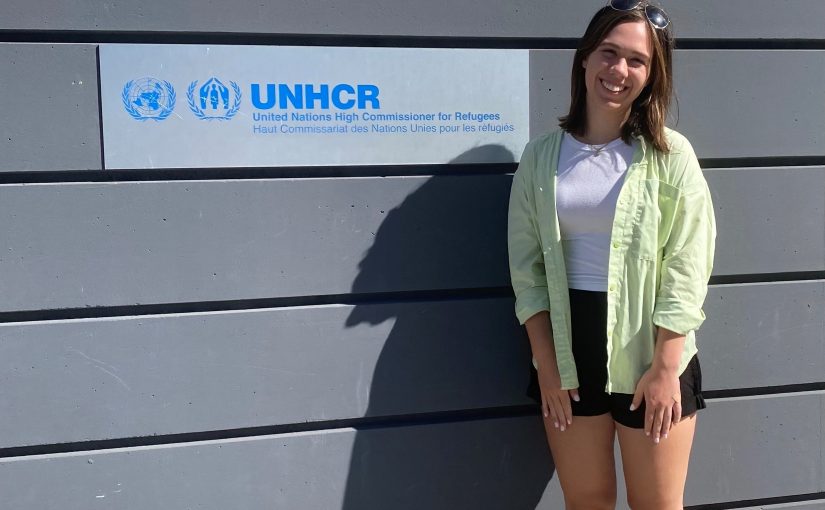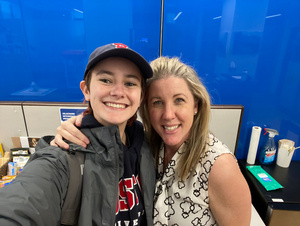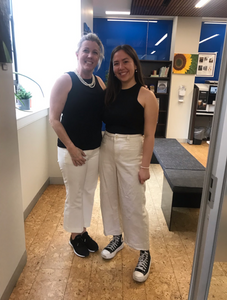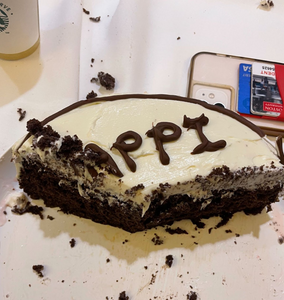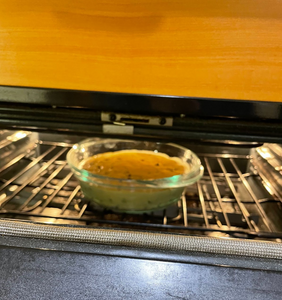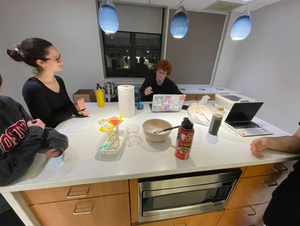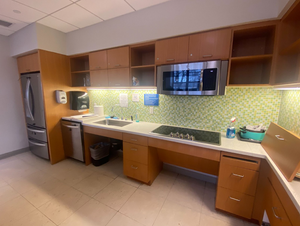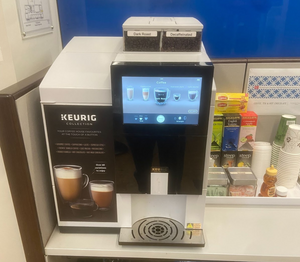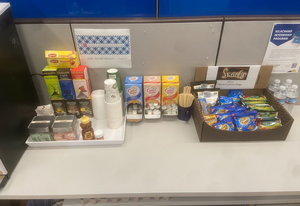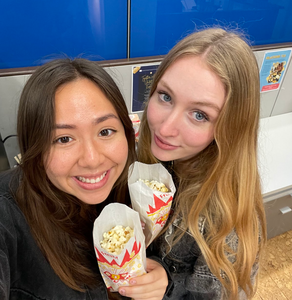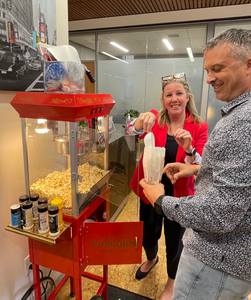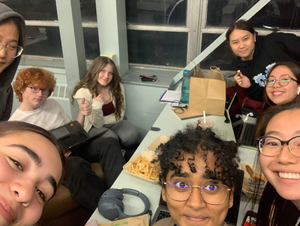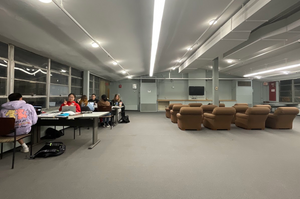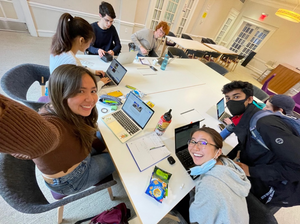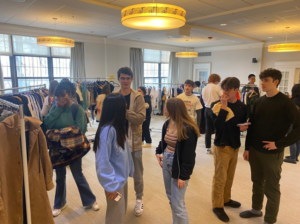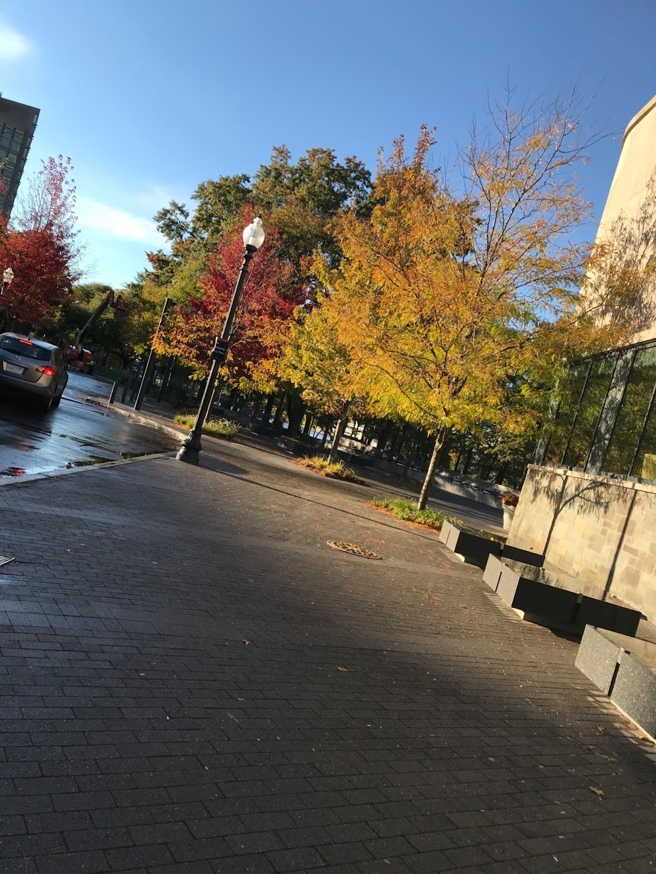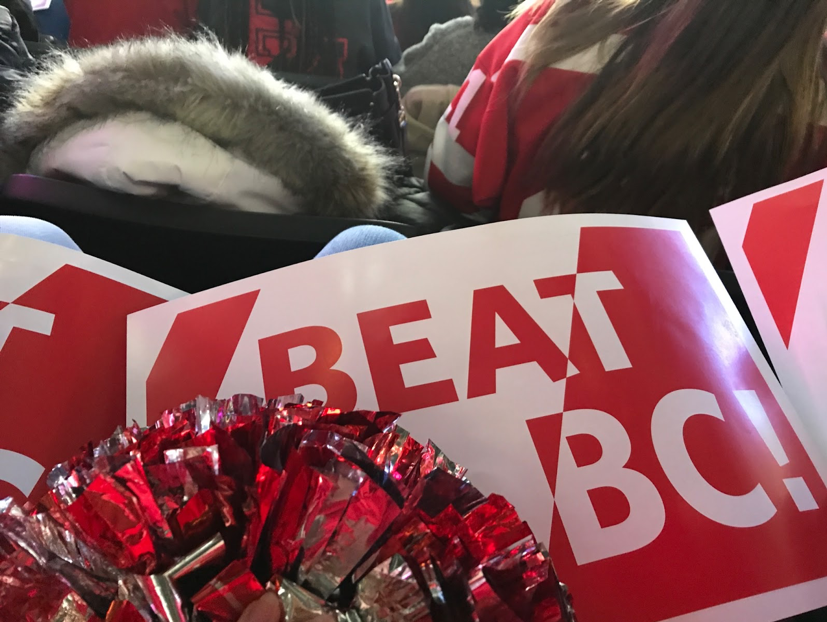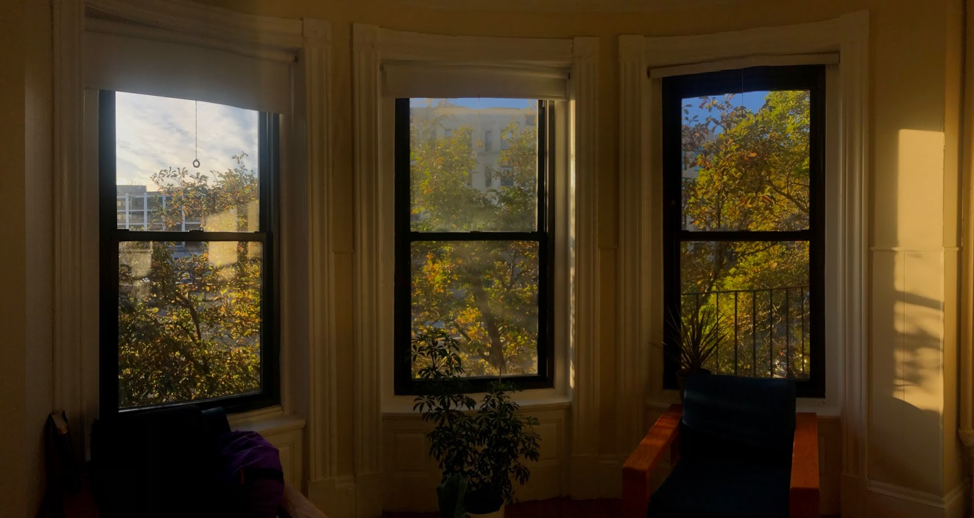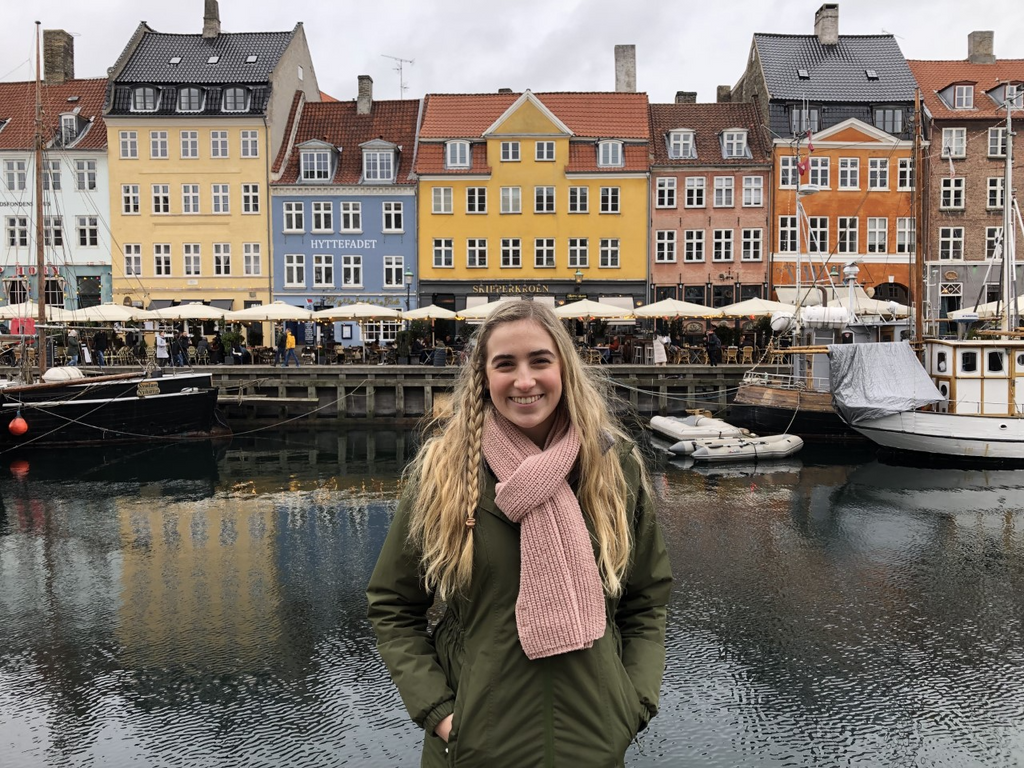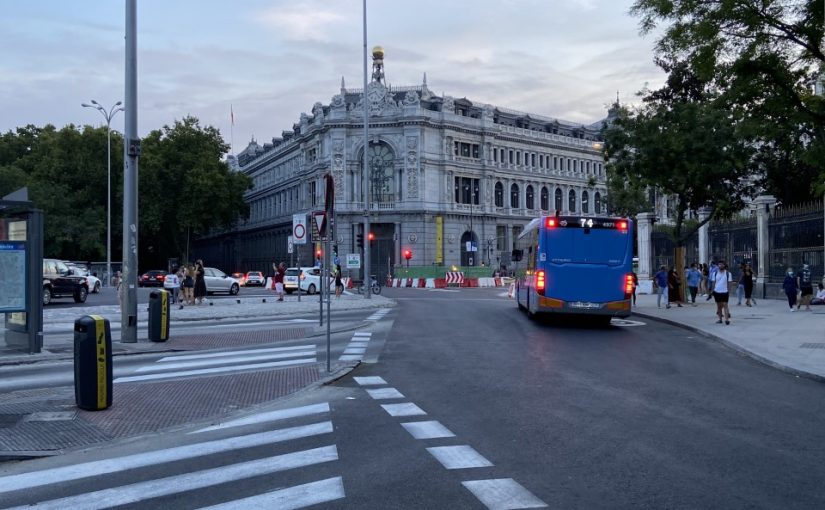Bridgette Lang CAS’23
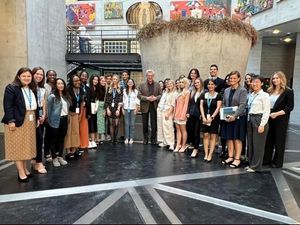
Last school year, I was awarded the Kilachand Internship Stipend in order to support my summer internship with the United Nations High Commissioner for Refugees. The stipend supported my housing, transportation, and food costs in Geneva for two months. Not only was I given funding to offset living costs, but I was given mentorship and a framework to think about social justice.
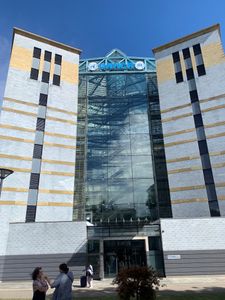
Kilachand’s interdisciplinary curriculum approach is exemplified through the Kilachand Internship Program. Like other awardees, I had the opportunity to think about social justice issues through my internship and consider advocacy in an interdisciplinary perspective. I was excited to work at the United Nations High Commissioner for Refugees because my social media internship combined my interest in communications and international relations. Building off my knowledge from my Kilachand course, HC302, I walked into my internship very aware of how important it was to give refugees agency, and ultimately, let them tell their own stories through UNHCR communications channels.
This summer, I was able to do just that through UNHCR’s social media. With such a wide-reaching platform and a large number of stakeholders engaged with our work, I have ensured that our content and outputs are carefully selected and captioned, representing various stories, backgrounds, and regions. I’ve also helped with strategic campaigns, like the launch of our 2022 Education Report and World Humanitarian Day, by creating social media plans, drafting copy, and selecting photos. Outside of these short-term tasks, I also monitor UNHCR’s country-level and staff personal accounts. All in all, I have seen the overwhelmingly positive impact of social media in sharing the voices of refugees; the supportive comments and engagement everyday are a sign of people understanding our work and how they can become better advocates.
I am incredibly thankful that I’ve had the chance to live abroad and work on a topic that I’m very passionate about. If your internship is unpaid and related to social justice, I highly suggest that you look into this opportunity and start gathering your application materials for when it opens this winter. You can learn more here: https://www.bu.edu/khc/for-current-students/experiential-learning/kilachand-internship-program/

